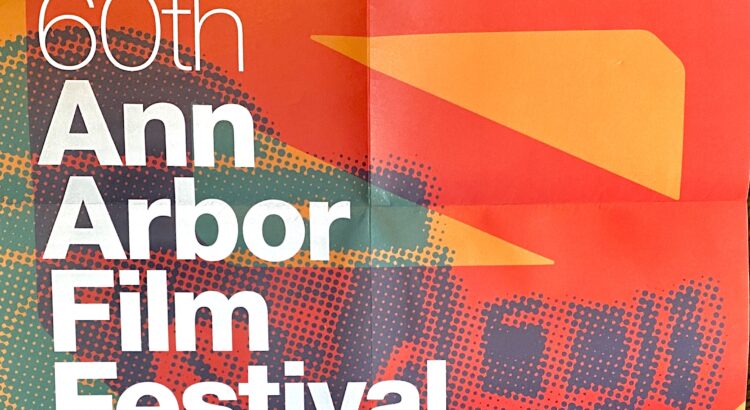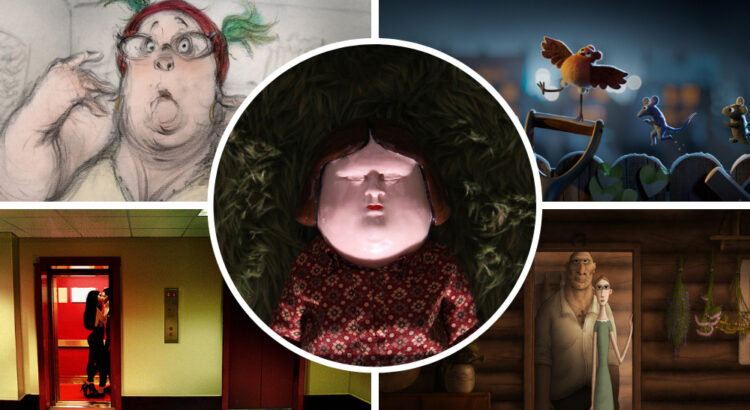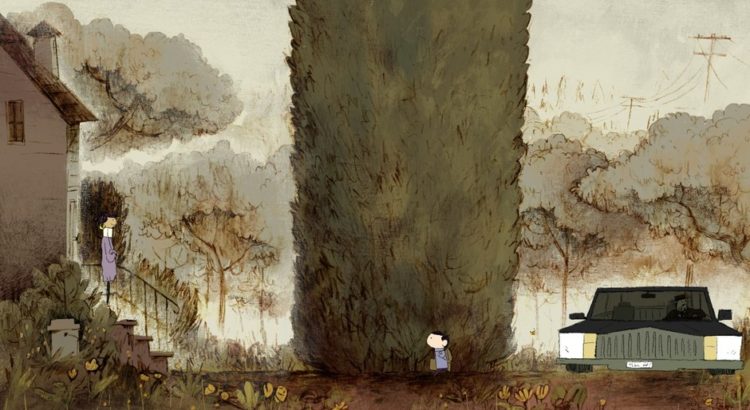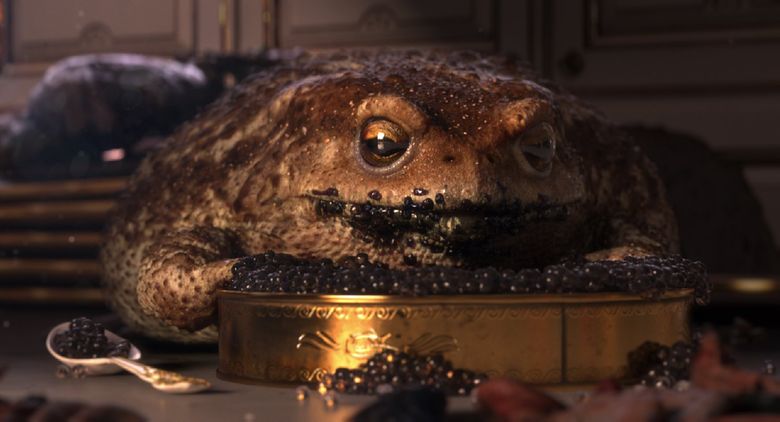The 60th Ann Arbor Film Festival is a goldmine of ingenuity. Although I only experienced roughly two hours of the weeklong event, I left with a newfound sense of what film could be; film could be a series of ambient noises and fractal images, or a stop-motion documentary comprised completely of graphite drawings. It can be a scene of boredom, commonly overlooked but injected with life as soon as a filmmaker touches it. Held at the Michigan Theatre, which I’ve luckily been able to visit a few times for other movie screenings, the Ann Arbor Film Festival’s diverse crowd complimented the extravagance of the theatre’s gilded ceilings, the environment glowing with quiet excitement. Special screenings at the Michigan Theatre always bring a niche crowd of enthusiasts, but this mingling group of filmmakers and film-goers added another dimension of community.
Although I’d planned on seeing A Lantern Through Your Labyrinth: Out Histories of the Ann Arbor Film Festival, schedule changes led me to see the screening just afterward, Films in Competition 6. I entered the theatre with no expectations except to embrace the bizarre. The Films in Competition 6 didn’t seem to have any common theme or genre tying them together, and the variety was electrifying. About a dozen short films were screened one after the other, ranging from two to twenty minutes. They were tales of heartbreak, death, connection, and experimentation. Some were animated, others filmed in bizarre ways with extended shots and unconventional angles. I found that some of them were tediously drawn-out, while others were deeply moving and opened my eyes to new methods of storytelling.
My favorite short film of the night was Life is a Particle Time is a Wave by Daniel Zvereff. The stop-motion film is illustrated with what looks to be charcoal or graphite on white paper, dense lines telling the tale of a widowed old man floating through the rest of his repetitive and lonesome days. The clever sound design is entrancingly ambient, a steady ticking conveying a complicated relationship with time and the slow march toward death. The motif of time is symbolized in the minimal but effective illustrations— of the man repeatedly fixing his watch, of the ominous clock above him, and of his worn-down face. His brush with death sends the film into a fresh segment that is much more experimental. The screen explodes into surreal designs that flow into each other, smudging and warping to evoke the in-between feeling of a chaotic purgatory. The experience is heartwarming, saddening, and utterly human, masterfully speaking to fundamental human experiences in the span of a few minutes.
After the screenings, a few of the filmmakers took to the stage for a Q&A, allowing the community to connect on a personal level with passionate creators. The “festival” part of “film festival” revealed itself more through this degree of interactivity; it was a group celebration, each person a part of the joyous experience, whether they create or just observe. It is a wholly equal appreciation for art in every form.
Life is a Particle Time is a Wave is just one of the hundreds of mind-bending films in the competition. Knowing I can’t possibly see all of them is a bit saddening, but good news: the best of the best will be shown on Sunday! Award-winning films will be chosen by the jurors and screened to the Ann Arbor public, so grab an $8 student ticket and check it out!










